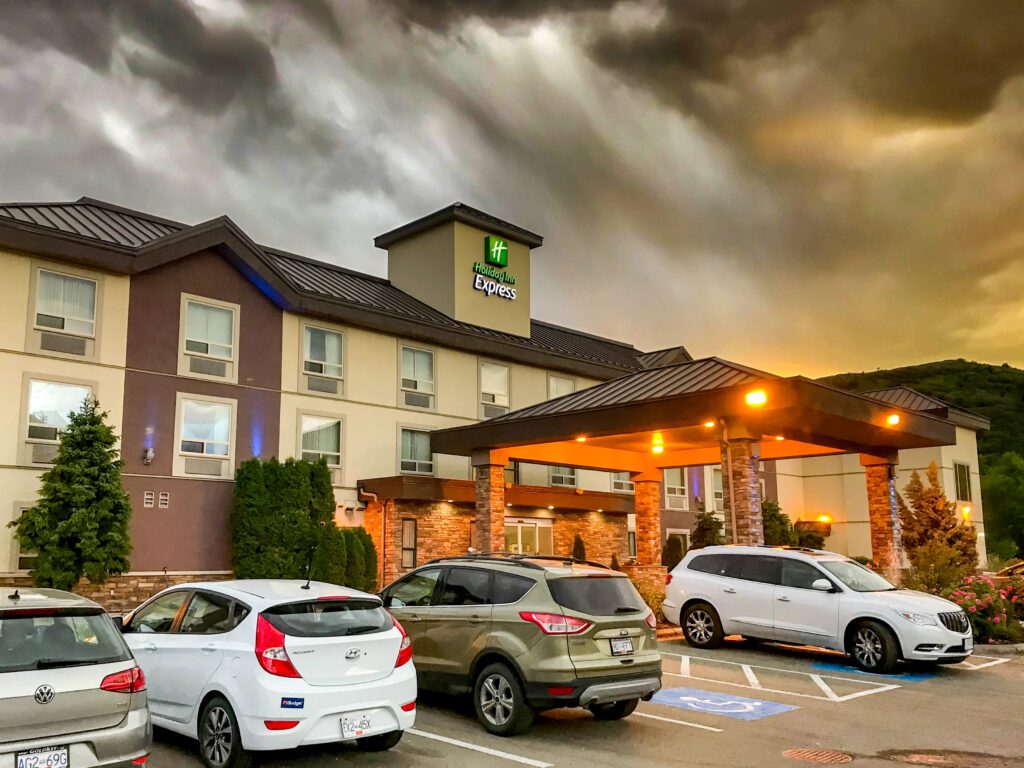A Comprehensive Guide for First-Time Hotel Buyers: How to Buy a Hotel
Investing in the hospitality industry can be a lucrative opportunity, but the process of buying a hotel can be complex and challenging, especially for first-time buyers. This comprehensive guide will walk you through the steps of buying a hotel and working with a broker, ensuring you make informed decisions and achieve your investment goals.
Table of Contents
- Determine Your Goals and Budget
- Find a Qualified Broker
- Sign a Representation Agreement
- Conduct Market Research
- Evaluate Properties
- Financing
- Negotiate and Close the Deal
- Post-Purchase Assistance
- Additional Considerations
- Conclusion
1. Determine Your Goals and Budget
Before starting your search for hotels, determine your investment goals and budget. Consider your desired location, type of hotel, target market, financial resources, and investment strategy. Ask yourself:
- What type of hotel am I interested in (e.g., boutique, luxury, budget)?
- What is my preferred location (e.g., urban, suburban, rural)?
- What is my target market (e.g., business travelers, families, tourists)?
- What is my investment strategy (e.g., long-term growth, short-term profits)?
By answering these questions, you can better define your investment criteria and make more targeted decisions.
2. Find a Qualified Broker
A broker can provide valuable insights and expertise in the hospitality industry, particularly in the specific market and type of hotel you’re interested in. Look for a broker with experience and a proven track record in the industry. Find potential brokers through industry associations, online resources, and referrals from other hotel owners. Consider factors such as:
- Experience: Look for a broker with experience in the hospitality industry and with hotels similar to the one you’re interested in.
- Expertise: Look for a broker with expertise in the specific market and location you’re interested in.
- References: Ask for references from other hotel owners who have worked with the broker.
3. Sign a Representation Agreement
Once you’ve chosen a broker, sign a representation agreement outlining the scope of the broker’s services, the duration of the agreement, and the commission structure. Review this agreement carefully and ensure that you understand the terms and conditions. Ask questions if there is anything that is unclear.
4. Conduct Market Research
Your broker will help you conduct market research to identify potential hotels that meet your criteria. This may involve analyzing market trends, occupancy rates, and financial performance data. Your broker will also help you understand the local regulations and requirements for owning and operating a hotel in the specific location you’re interested in.
5. Evaluate Properties
Once you’ve identified potential hotels, your broker will help you evaluate them based on factors such as location, property condition, financial performance, and potential for growth. This may involve conducting site visits, reviewing financial statements, and analyzing market trends. Your broker can also help you identify potential risks and challenges associated with each property.
6. Financing
Securing financing is a critical step in buying a hotel. It’s important to understand the financing options available and choose the best one for your needs. Your broker can help you explore financing options such as:
- Commercial Loans: Offered by banks and other financial institutions, these loans are designed for commercial real estate purchases and typically require collateral like the hotel property.
- SBA Loans: The Small Business Administration offers loans to small businesses, including those in the hospitality industry, with lower interest rates and longer repayment terms than commercial loans.
- Owner Financing: Some hotel sellers may finance part of the purchase price, which can be beneficial for buyers who have difficulty securing traditional financing.
- Crowdfunding: Crowdfunding platforms allow investors to pool their resources to fund a hotel purchase, diversifying investments and spreading risk.
7. Negotiate and Close the Deal
Once you’ve identified a hotel that meets your criteria and budget, your broker will help you negotiate the terms of the deal and guide you through the closing process. This may involve due diligence, financing, and legal documentation. Your broker will also help you identify potential contingencies and ensure that all parties meet their obligations.
8. Post-Purchase Assistance
Your broker may provide post-purchase assistance, such as recommending property management companies, providing industry insights and updates, and connecting you with other hotel owners and industry resources. Your broker can also help you understand the ongoing responsibilities and requirements of owning and operating a hotel, such as regulatory compliance, staffing, and marketing.
9. Additional Considerations
When buying a hotel, there are several additional factors to consider, including:
- Due Diligence: Ensure that you review financial statements, property documents, and other important information to make a sound investment.
- Brand Affiliation: If you’re interested in a branded hotel, discuss the benefits and drawbacks of each brand with your broker.
- Management Options: Evaluate franchised management, third-party management, and self-management options for your hotel.
- Staffing: Discuss staffing requirements and strategies for ensuring a qualified and reliable staff with your broker.
- Marketing and Sales: Explore marketing and sales strategies that may be effective in your hotel’s specific location and market.
- Competition: Understand the competitive landscape in your hotel’s market and location, and how to differentiate your hotel from others.
- Legal and Regulatory Requirements: Familiarize yourself with zoning laws, building codes, and licensing requirements for owning and operating a hotel.
10. Conclusion
Buying a hotel can be a complex and challenging process, but working with a qualified broker can help you make informed decisions and achieve your investment goals. By following this comprehensive guide and working closely with your broker, you can navigate the process with confidence and achieve success in the hospitality industry.
If you’re considering buying a hotel or need guidance on investing in the hospitality industry, contact Hospitality Associates at hotelinnvest.com. Our experienced real estate brokers and hospitality consultants can provide you with expert guidance and assistance throughout the buying process. We have a deep understanding of the hospitality industry and are committed to helping our clients achieve their investment goals. Contact us today to learn more about how we can help you succeed in the hospitality industry.

